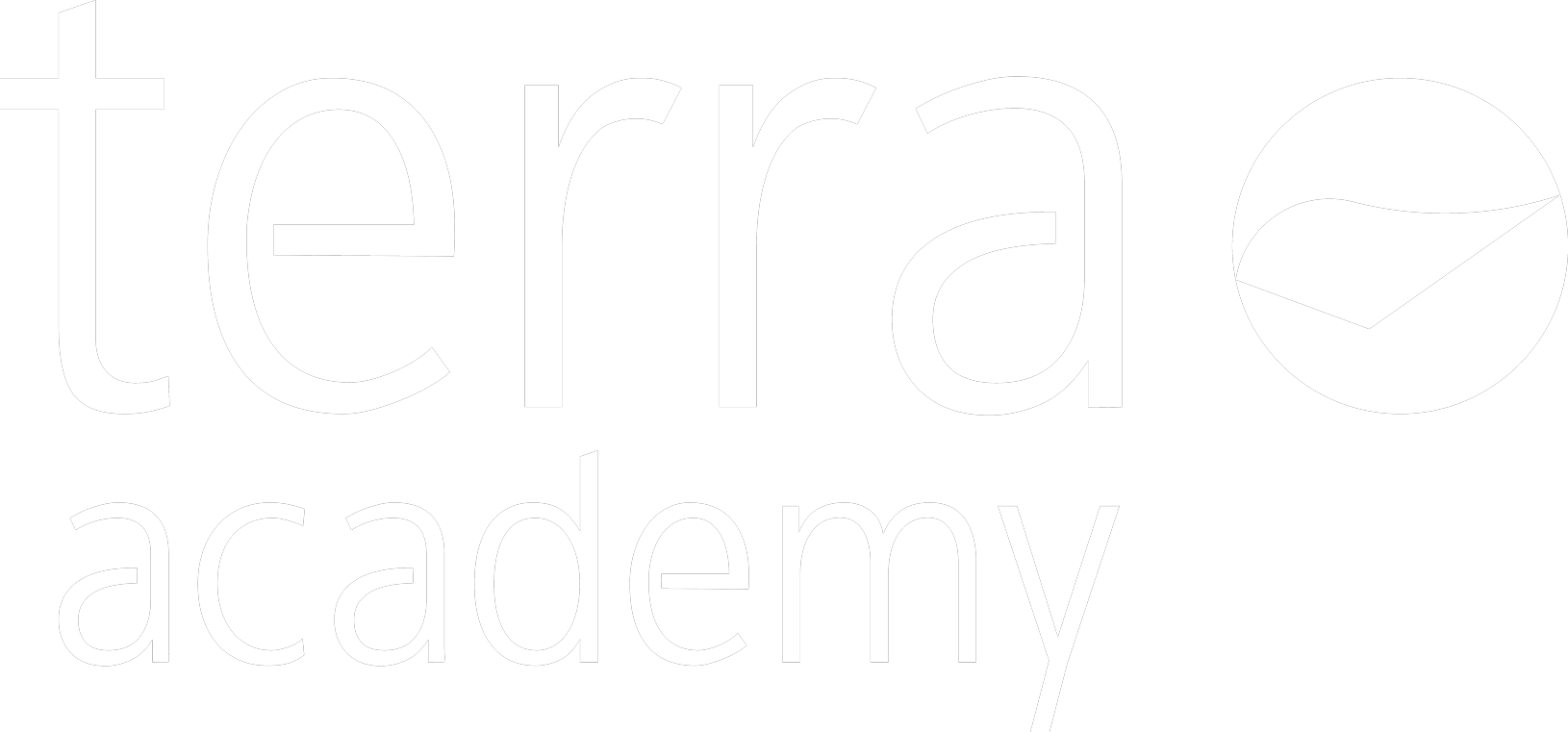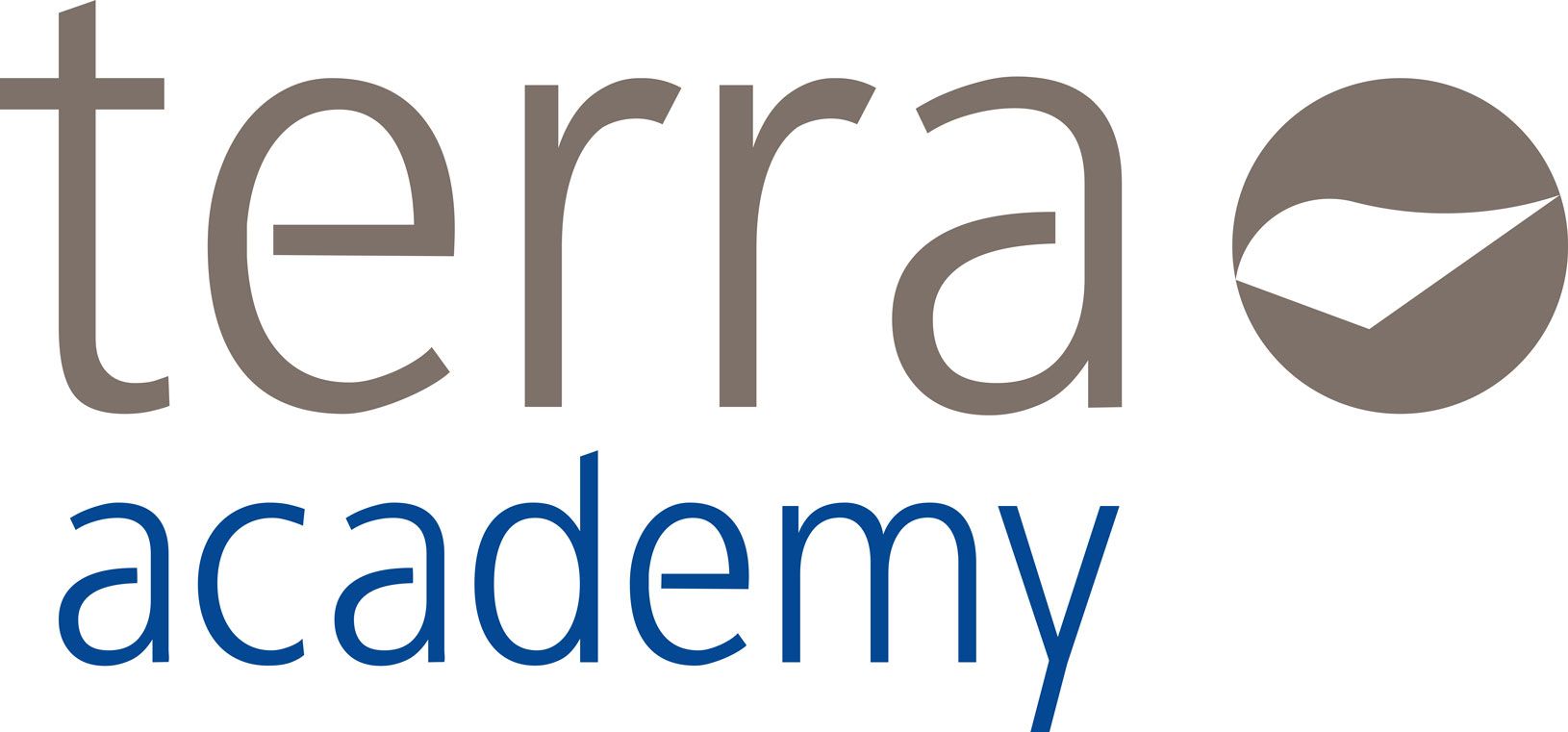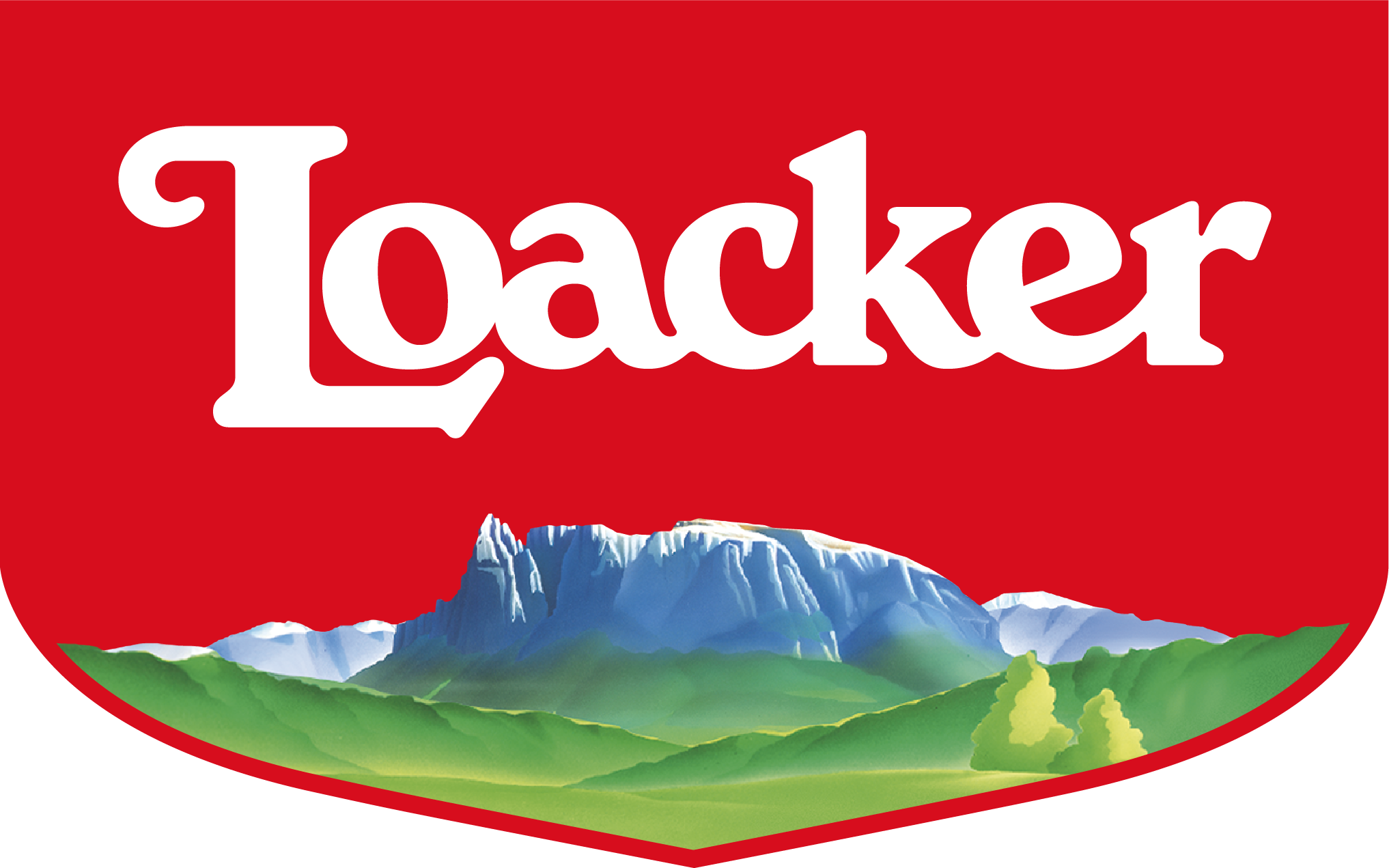How we take responsibility with sustainability
The Loacker Sustainability Strategy is based on our corporate mission and vision statements, and on our business policies. Our quality and sustainability policy firmly establishes sustainable management along the entire value chain. We strive to maintain a balance between environmental, economic, and social responsibility.
As part of our commitment to fostering a sustainable and environmentally responsible workplace, we are introducing online sustainability training for all associates. This initiative aims to enhance our collective understanding and implementation of sustainable practices, ensuring our operations contribute positively to the environment and society.
MY SUSTAINABILITY TRAINING
Here we have carefully selected a series of modules based on your role at Loacker.
Modules take on average 30 minutes to complete and can be completed in multiple learning sessions.
Please note that the modules are displayed below in alphabetical order. The order in which you must complete them is as follows:
Fundamentals in Sustainability - 30.06.2024
Corporate Sustainability – 31.07.2024
Sustainable Business Practices – 15.09.2024
Political Frameworks of Sustainability – 31.10.2024
Sustainability Reporting – What & Why – 30.11.2024
Fundamentals in Sustainability - 30.06.2024
Corporate Sustainability – 31.07.2024
Circular Economy – 31.08.2024
Industry Focus: Food & Retail – 30.09.2024
Introduction: Sustainable Supply Chain – 31.10.2024
Deep Dive: Sustainable Supply Chain and Procurement – 30.11.2024
Fundamentals in Sustainability - 31.07.2024
Corporate Sustainability – 30.09.2024
Sustainable Business Practices – 30.11.2024
Fundamentals in Sustainability - 30.06.2024
Corporate Sustainability – 31.07.2024
Sustainable Business Practices – 15.09.2024
Circular Economy – 31.10.2024
Industry Focus: Food & Retail – 30.11.2024
Fundamentals in Sustainability - 31.07.2024
Corporate Sustainability – 30.09.2024
Sustainable Business Practices – 30.11.2024
Fundamentals in Sustainability - 15.07.2024
Corporate Sustainability – 31.08.2024
Biodiversity - 15.10.2024
Industry Focus: Food & Retail – 30.11.2024
Fundamentals in Sustainability - 31.07.2024
Corporate Sustainability – 30.09.2024
Sustainable Business Practices – 30.11.2024
Fundamentals in Sustainability - 31.07.2024
Corporate Sustainability – 30.09.2024
Sustainability communication & anti-greenwashing – 30.11.2024
Fundamentals in Sustainability - 30.06.2024
Corporate Sustainability – 31.07.2024
Sustainable Business Practices – 15.09.2024
Sustainable Corporate Culture – 31.10.2024
Sustainable HRM & Employee Engagement - 30.11.2024
Fundamentals in Sustainability - 15.07.2024
Corporate Sustainability – 31.08.2024
Biodiversity - 15.10.2024
Circular Economy – 30.11.2024
Fundamentals in Sustainability - 31.07.2024
Corporate Sustainability – 30.09.2024
Circular Economy – 30.11.2024
Fundamentals in Sustainability - 30.06.2024
Corporate Sustainability – 31.07.2024
Biodiversity - 31.08.2024
Circular Economy – 30.09.2024
Introduction: Sustainable Supply Chain – 31.10.2024
Deep Dive: Sustainable Supply Chain and Procurement – 30.11.2024
Fundamentals in Sustainability - 31.07.2024
Corporate Sustainability – 31.08.2024
Sustainability communication & anti-greenwashing – 15.10.2024
Introduction: Sustainable Supply Chain – 30.11.2024
ALL SUSTAINABILITY TRAINING
Here you can find a list of all the sustainability trainings available to all Loacker associates:

-
Albuingasse 2, 39042 Brixen (BZ), Italien
-
academy@terra-institute.eu
-
+39 0472 970 484
Catering
🍽️
Größte Herausforderungen:
- Papierverbrauch durch Formulare und Informationen
- Fehlende Einbindung in nachhaltige Gästeinformation
- Unzureichende Hinweise auf nachhaltige Mobilität oder Angebote
- Intransparente Prozesse im Check-in/Check-out
Typische Wissenslücken:
- Wie lässt sich die Lebensmittelverschwendung messbar senken?
- Was bedeutet „nachhaltiger Einkauf“ in der Praxis?
- Wie kann ich die Kühlkette energieeffizient betreiben
- Bio, Regional, Konventionell; frisch oder aus der Dose – Welche Produkte haben eine besonders gute Klimabilanz, und in welcher Saison?
- Was bedeutet Kreislaufwirtschaft in der Küche?
- Wie funktioniert gutes Abfallmanagement in der Küche?
Rezeption
🧑💼
Größte Herausforderungen:
- Papierverbrauch durch Formulare und Informationen
- Fehlende Einbindung in nachhaltige Gästeinformation
- Unzureichende Hinweise auf nachhaltige Mobilität oder Angebote
- Intransparente Prozesse im Check-in/Check-out
Typische Wissenslücken:
- Wie kommuniziere ich Nachhaltigkeit glaubwürdig gegenüber Gästen?
- Welche digitalen Tools helfen beim ressourcenschonenden Empfang?
- Was muss ich zu Zertifizierungen und Labels wissen?
Housekeeping
🧹
Im Housekeeping treffen tägliche Routinen auf große ökologische Hebel – doch oft fehlen nachhaltige Alternativen und klare Vorgaben.
Größte Herausforderungen:
- Wasser- und Energieverbrauch beim
- Waschen Einsatz konventioneller Reinigungsmittel
- Hoher Textilverschleiß durch unnötige Wechsel
- Mülltrennung in den Zimmern schwer umsetzbar
Typische Wissenslücken:
- Welche Reinigungsmittel sind umweltfreundlich und wirksam – und in welcher Dosierung?
- Wie funktioniert nachhaltiges Wäschemanagement?
- Was kann ich Gästen anbieten, damit sie freiwillig auf tägliche Reinigung verzichten?

